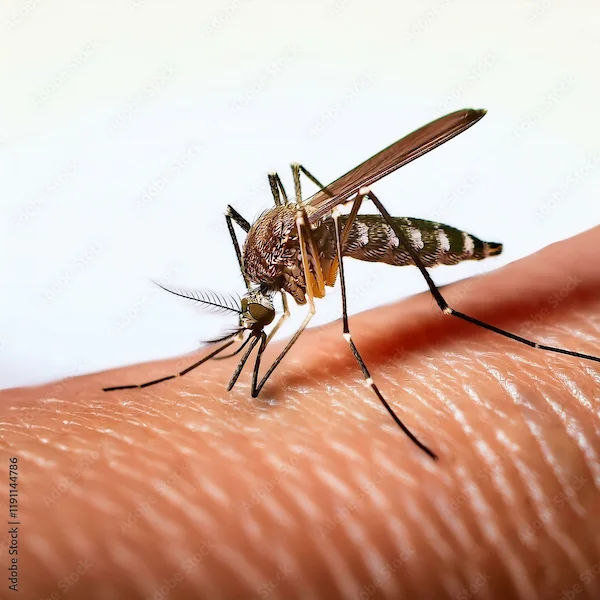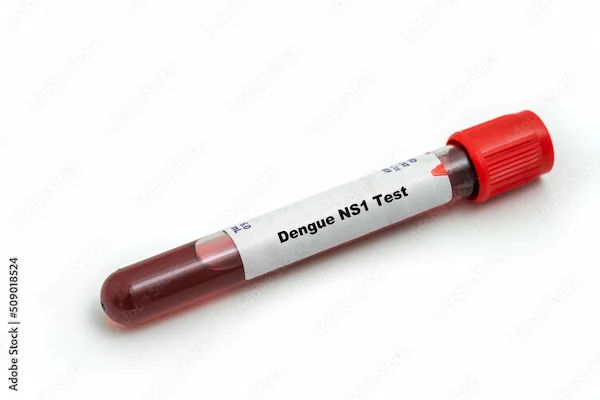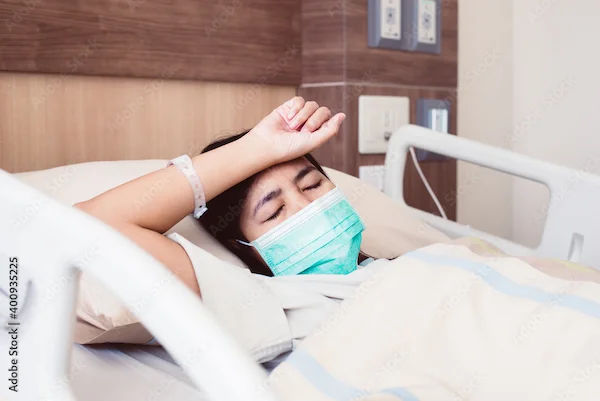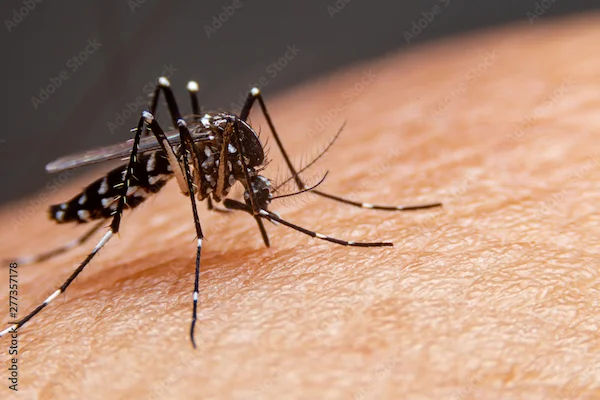Dengue Diagnosis Test Overview
Understand key dengue diagnosis tests, including NS1 antigen, IgM/IgG antibodies, RT-PCR, and CBC, to ensure early detection and accurate assessment of dengue infection.

Written by Dr. Vasanthasree Nair
Reviewed by Dr. D Bhanu Prakash MBBS, AFIH, Advanced certificate in critical care medicine, Fellowship in critical care medicine
Last updated on 23rd Jul, 2025
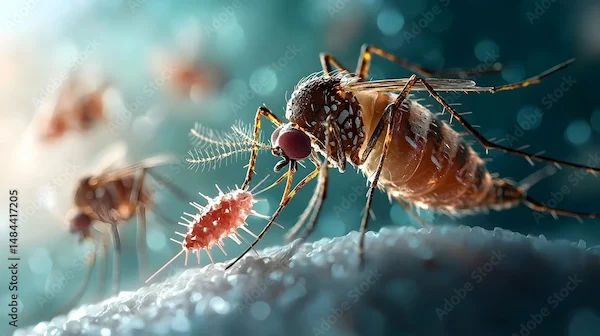
Introduction
Dengue is a viral infection spread by mosquitoes, and it can cause mild to severe symptoms. If you or a loved one is experiencing fever, body aches, or other signs of dengue, getting the right diagnosis is crucial for proper treatment. In this article, we’ll explain the different tests used to diagnose dengue, what to expect, and how you can manage the condition.
What is Dengue?
Dengue is caused by the dengue virus, transmitted through the bite of an infected Aedes mosquito. While some people may have mild or no symptoms, others can develop severe dengue (also known as dengue hemorrhagic fever), which can be life-threatening if not treated promptly.
Common Symptoms of Dengue
High fever (104°F or higher)
Severe headache
Pain behind the eyes
Muscle and joint pain
Nausea and vomiting
Skin rash
Mild bleeding (nose or gum bleeding)
If you experience these symptoms, especially after a mosquito bite, consult a doctor immediately.
How is Dengue Diagnosed?
Diagnosing dengue involves blood tests to detect the virus or antibodies produced by your immune system in response to the infection. Here are the main tests used:
1. NS1 Antigen Test
What it detects: The NS1 protein, which is part of the dengue virus.
When to take it: Best done within the first 5 days of symptoms.
Why it’s useful: Helps in early detection before antibodies develop.
2. Dengue IgM & IgG Antibody Test
What it detects: Antibodies (IgM and IgG) that your body produces to fight the virus.
When to take it:
IgM antibodies appear after 3-5 days of infection and last for a few weeks.
IgG antibodies appear later and may indicate past infection or immunity.
Why it’s useful: Helps confirm dengue infection, especially after the first week.
3. RT-PCR Test (Molecular Test)
What it detects: The genetic material (RNA) of the dengue virus.
When to take it: Most accurate within the first 7 days of symptoms.
Why it’s useful: Highly precise for early diagnosis and identifying the dengue strain.
4. Complete Blood Count (CBC)
What it checks: Platelet count, white blood cells, and hematocrit levels.
Why it’s useful: Dengue can lower platelet count, increasing bleeding risk. A CBC helps monitor disease severity.
When Should You Get Tested?
If you have dengue-like symptoms and live in or have travelled to a dengue-prone area.
If your fever persists beyond 2-3 days without improvement.
If you notice warning signs like severe abdominal pain, vomiting, or bleeding.
Consult Top Specialists
Managing Dengue: What You Can Do
There’s no specific cure for dengue, but early detection and proper care can help recovery. Here’s what you can do:
1. Stay Hydrated
Drink plenty of fluids (water, coconut water, oral rehydration solutions) to prevent dehydration.
2. Rest Well
Avoid physical strain to help your body recover faster.
3. Monitor Symptoms
Watch for warning signs like persistent vomiting, severe pain, or bleeding. Seek medical help immediately if they occur.
4. Avoid Certain Medications
Do not take aspirin or ibuprofen, as they can increase bleeding risk. Use paracetamol (acetaminophen) for fever and pain, but only as prescribed.
5. Prevent Mosquito Bites
Use mosquito repellents, wear long-sleeved clothing, and sleep under a mosquito net to avoid further infections.
When to Seek Emergency Care?
If you or a family member experiences:
Difficulty breathing
Severe abdominal pain
Persistent vomiting
Bleeding from gums or nose
Cold, clammy skin
Confusion or extreme fatigue
Go to the nearest hospital immediately, as these could be signs of severe dengue.
How Apollo 24|7 Can Help?
If you suspect dengue, getting tested early is crucial. Apollo 24|7 offers:
Quick and accurate dengue tests (NS1, IgM/IgG, RT-PCR).
Home sample collection for convenience.
Expert consultation to guide you through treatment and recovery.
You can book a dengue test or consult a doctor easily through the Apollo 24|7 app or website.
Conclusion
Dengue can be serious, but with timely diagnosis and proper care, most people recover fully. If you experience symptoms, don’t ignore them—get tested and follow medical advice. Prevention is equally important, so protect yourself from mosquito bites and keep your surroundings clean to reduce the risk.
Consult Top Specialists
Consult Top Specialists

Dr Divya Lekha Gunta
General Practitioner
10 Years • MBBS, MD (Pathology)
Visakhapatnam
Apollo 24|7 Clinic - Andhra Pradesh, Visakhapatnam

Dr. M L Ezhilarasan
General Practitioner
6 Years • MBBS
Visakhapatnam
Apollo 24|7 Clinic - Andhra Pradesh, Visakhapatnam

Dr. J T Hema Pratima
General Practitioner
9 Years • MBBS
Chennai
Apollo 24|7 Clinic - Tamilnadu, Chennai
(250+ Patients)

Dr. Jawwad Mohammed Kaleem
General Practitioner
4 Years • MBBS
Hyderabad
Apollo 24|7 Clinic, Hyderabad

Dr. Shesham Srinidhi
General Practitioner
5 Years • MD(physician)
Hyderabad
Apollo 24|7 Clinic, Hyderabad
(100+ Patients)

